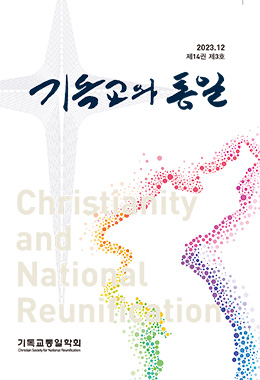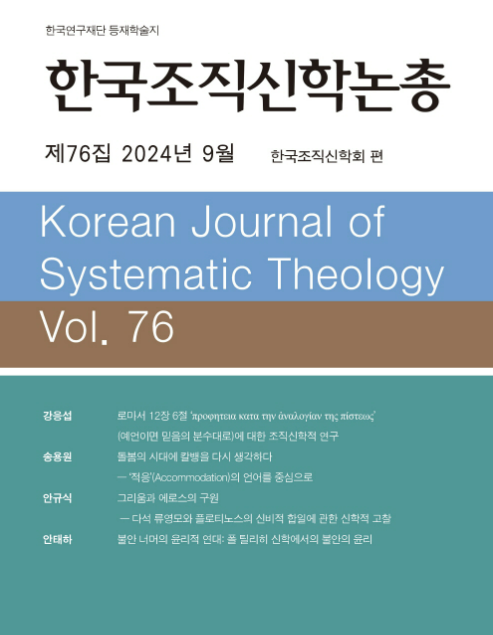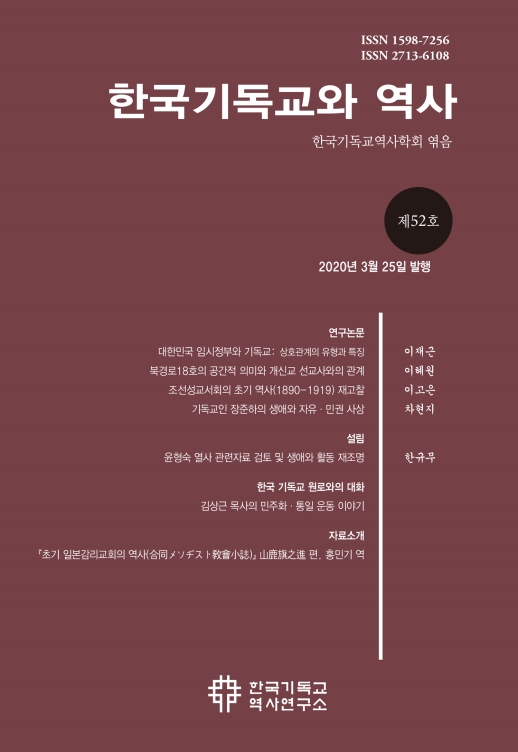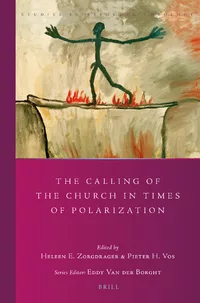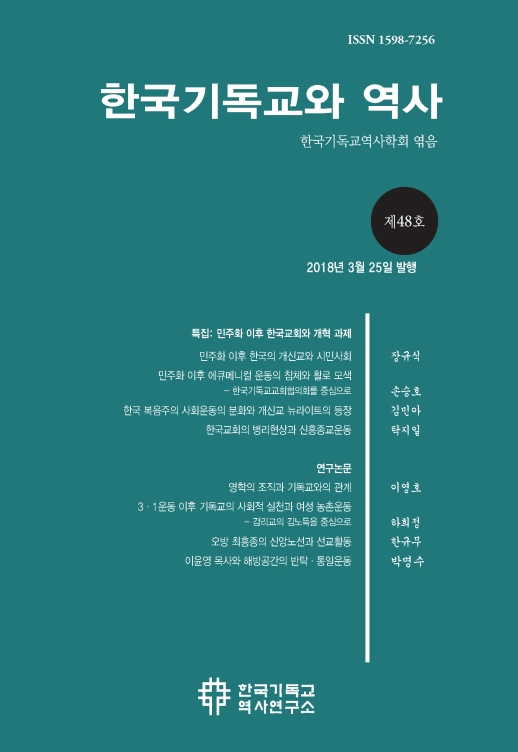본 논문은 세속 시대의 출현에 기반하여 한국 교회를 위한 공공신학을 다룬다. 먼저 삶의 모든 영역에서 보편적인 규범이며 전제로 받아들여졌던 기독교가 세속화(사회적 분화과정이든 세속주의든지 간에)로 인해 공적 영역에서 주변화되고 사사화된다. 더 나아가 세속 시대에는 초월적 혹은 초자연적인 세계관이나 가치가 없어도 내재적 프레임만으로 충분하게 삶의 의미와 목적을 발견한다. 찰스 테일러가 강조하는 이런 변화의 중심에는 “믿음의 조건” 즉 무엇이 믿을만한지에 대한 전제가 바뀌었다는 것이다. 기독교 사회(크리스텐덤)에서 전혀 상상할 수도 없던 배타적 인문주의도 세속 시대에는 우리의 대다수가 가장 쉽게 선택할 수 있는 기본 옵션이 된다. 부풀려진 자아로 대변되는 세속 시대에서 종교의 선택과 판단 기준은 오로지 자신에게 달려있기에 표현적 개인주의가 득세하게 된다. 이런 표현적 개인주의의 사회적 상상력이 지배하는 시대를 또한 “진정성의 시대”라고 일컫는다. 이런 시대를 지배하는 가치는 선택의 자유이며, 그런 시대에 유일한 죄가 있다면 그것은 바로 불관용이다. 사실상 한국 사회 역시 세속 시대에 진입하고 있다면, 한국 교회에 필요한 공공신학은 무엇인가? 먼저 한국의 분단 상황에서 기독교 신앙을 가지고 공적 영역에 참여할 때, 그런 공공신학은 하나의 이데올로기가 될 수도 있는 위험을 경계해야 한다. 다양한 공적 이슈들에 대한 기독교적 대안들을 제시하는 공공 신학은 언제나 필요하다. 그러나 공론장에 참여할 때 한국 교회는 보편적인 합리성에 기반해야 한다. 여기서 보편적인 합리성은 계몽주의가 강조한 그런 가치중립적인 것이 아니라, 토론이 가능할 수 있는 열린 태도이다. 그러나 무엇보다 세속 시대의 필요한 공공신학은 이런 부류의 공공신학을 체화한 공동체 그 자체이다. 진정성의 윤리가 실현되는 현장이 중요하다. 우리에게 필요한 것은 모든 생각과 모든 사회적 상상력을 그리스도에게 사로잡히도록 만들기 위해 공공성이 체화된 공동체이다.
This paper examines public theology for the Korean church based on the emergence of a secular age. Initially, Christianity, universally accepted as a norm and premise in all areas of life, becomes marginalized and privatized in the public sphere due to secularization as social differentiation process or secularism. Furthermore, in the secular age, individuals find meaning and purpose of life solely within an immanent framework, even without a transcendent or supernatural worldview or values. The central aspect of the changes emphasized by Charles Taylor is the shift in the “conditions of belief,” meaning a change in the premises of what is considered believable. In the secular age, an exclusive humanism that was unimaginable in Christian society becomes the most easily accessible basic option for the majority. In the buffered self of the secular age, where religious choices and criteria are entirely subjective, expressive individualism prevails. This era, dominated by the social imaginary of expressive individualism, is also referred to as the “Age of Authenticity.” The most prevailing value in this era is the freedom of choice, and if there is any sin in such a time, it is undoubtedly intolerance. If Korean society is indeed entering a secular age, what kind of public theology does the Korean church need? Firstly, when participating in the public sphere with Christian faith in the context of Korea as a divided nation, one must exercise caution to prevent public theology from degenerating into a political ideology. Public theology that presents Christian alternatives to various public issues is always necessary. However, the Korean church must engage in public discourse with universal rationality. Here, universal rationality is not the value-neutral concept of the Enlightenment but an open attitude that allows for debate. Above all, the secular age calls for a community embodying public theology, where the ethics of authenticity are realized. We need a community that draws all our thoughts and social imaginations toward Christ.


